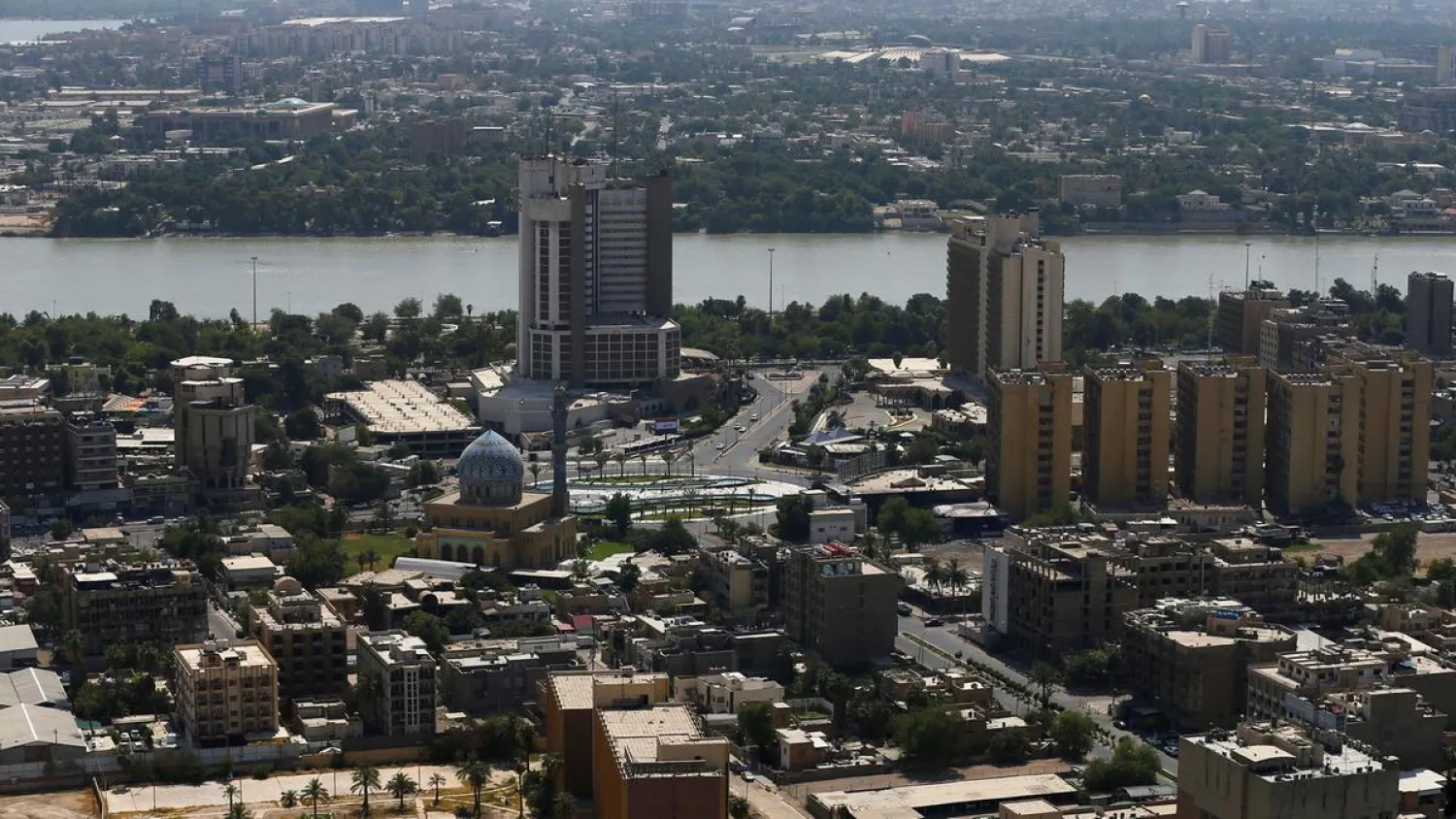Iraq’s military said in a statement on Monday that two Katyusha rockets had fallen late on Sunday in Baghdad’s Jadiriya area, near the heavily fortified Green Zone, without causing any casualties.
One of the rockets landed near the Babylon hotel, which is used by Iraqi travelers and sometimes for government meetings, the military said in the statement.
The Iraqi military blamed “terrorist groups” for the attack and said the rockets were fired from an area in the western part of the capital.
Rockets regularly fly across the Tigris towards the heavily fortified Green Zone, which houses government buildings and foreign missions including the US embassy.
Iraqi Prime Minister Mustafa al-Kadhimi pledged in a meeting with top diplomats to protect foreign missions and limit the possession of weapons to state forces following a US threat to shut down its embassy in the city.
Washington blames such attacks on Iranian-backed militia groups. Iran has not directly commented on the incidents.
Iraq, often the scene of spillover violence from US-Iran tensions, wants to avoid being drawn into any regional conflict.
Last week, at least six missiles targeting Erbil international airport in northern Iraq were intercepted.
The US-led coalition maintains a troop presence on a base inside the airport. The recent attacks have, until now, exclusively targeted the Green Zone and Baghdad's airport. Roadside bombs have also routinely targeted convoys carrying materials for the US-led coalition forces.
Iraq's foreign minister on Wednesday said the government was taking measures to consolidate security in the Green Zone and airport.
The attack in Erbil, a rare target for rockets, is considered a serious escalation by Iraqi officials.
Kurdish officials, and former Finance Minister Hoshiyar Zebari, said the incident was “yet another escalation” to undermine security in the country by “the same groups who are attacking the US embassy in Baghdad and its convoys. Action is needed to stop it.”









